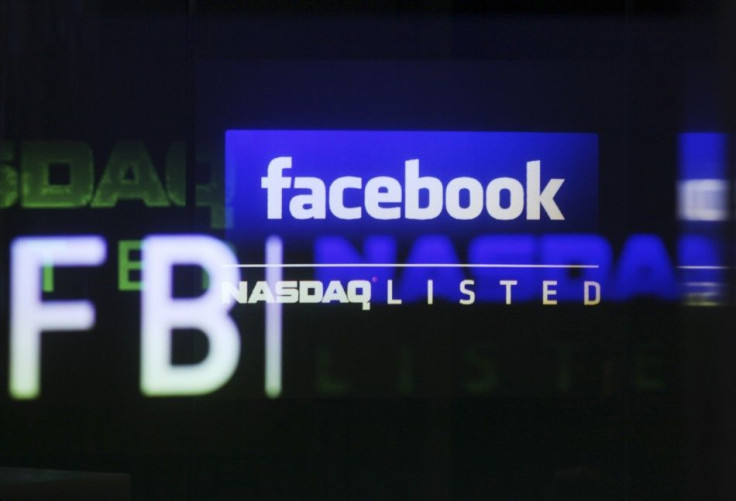Facebook Has 83 Million Fake Users, Ad Revenue Could Suffer

Facebook Inc. (Nasdaq: FB), the world's largest social media platform, might have more than 83 million fake users, according to company filings published this week.
The company acknowledged that as much as 8.7 percent of its 955 million active users might be fake. According to the numbers published by BBC, 4.8 percent are duplicate profiles, 2.4 percent are user-misclassified accounts, and 1.5 percent are "undesirable."
BBC's technology correspondent Rory Cellan-Jones conducted an investigation into fake Facebook users by creating a fake company called VirtualBagel. His research showed that a "large majority of 'likes' for the fake firm originated from the Middle East and Asia."
Those finds coincide with what Limited Press, a digital distributed firm, discovered last week. The company alleged that its internal analytics discovered 80 percent of clicks on its advertisements on Facebook came from fake users.
These numbers and anecdotes don't bode well for a company that relies heavily on advertising revenue and has seen its shares plummet since its public listing on May 17. After an initial public offering of $38 a share, which gave the company a $104 billion valuation, Facebook shares have dropped to below $21 as of Thursday morning trading.
Facebook has seen its shares take a beating because advertising revenues have not grown as much as analysts hoped. In the second quarter advertising revenue grew 32 percent, compared to a 45 percent growth in the previous quarter.
The company has struggled in capitalizing on its growing mobile platform use. More and more users are accessing Facebook on their smartphones and tablets, but the company has only just recently begun offering advertisements on its mobile platform. Mobile advertisements represent a lucrative opportunity for Facebook -- research firm eMarketer told the New York Times companies would spend $6 billion on mobile advertising this year -- but one of the difficulties is making sure to maintain a good user experience and not overwhelm mobile users with large advertisements.
Investors are banking on Facebook finding a way to cash in on those opportunities, but these latest findings could make it difficult for it to command high prices if fake users and low click-through rates continue to be a problem.
© Copyright IBTimes 2024. All rights reserved.











